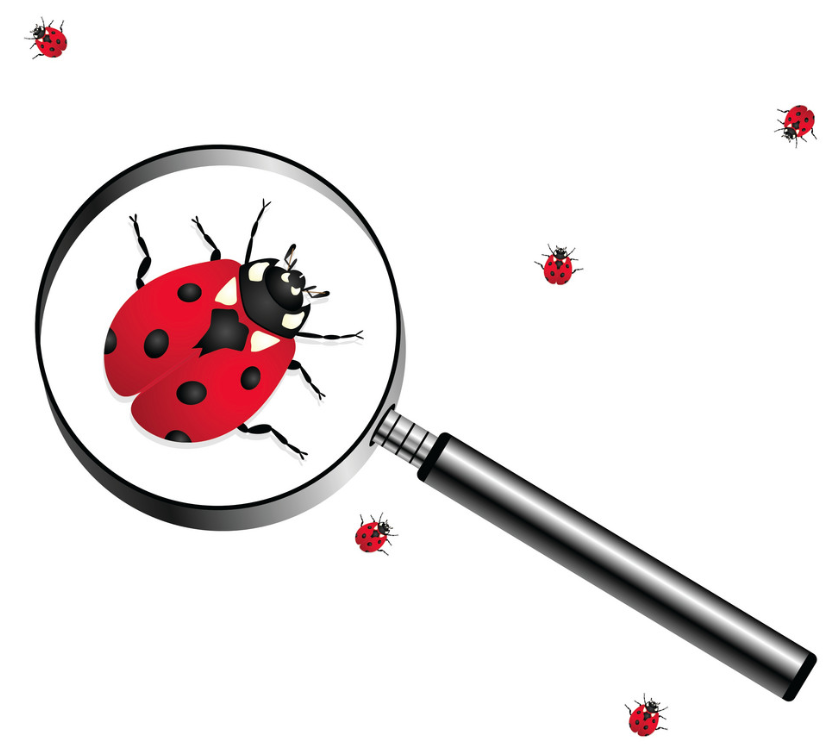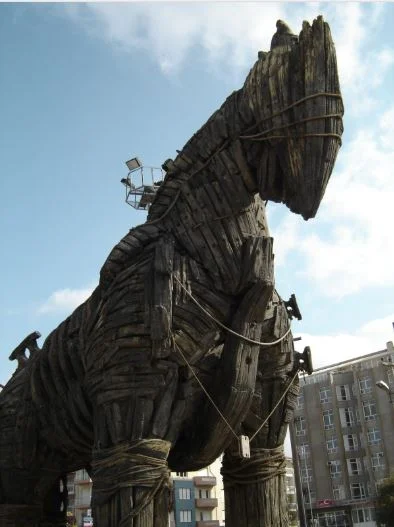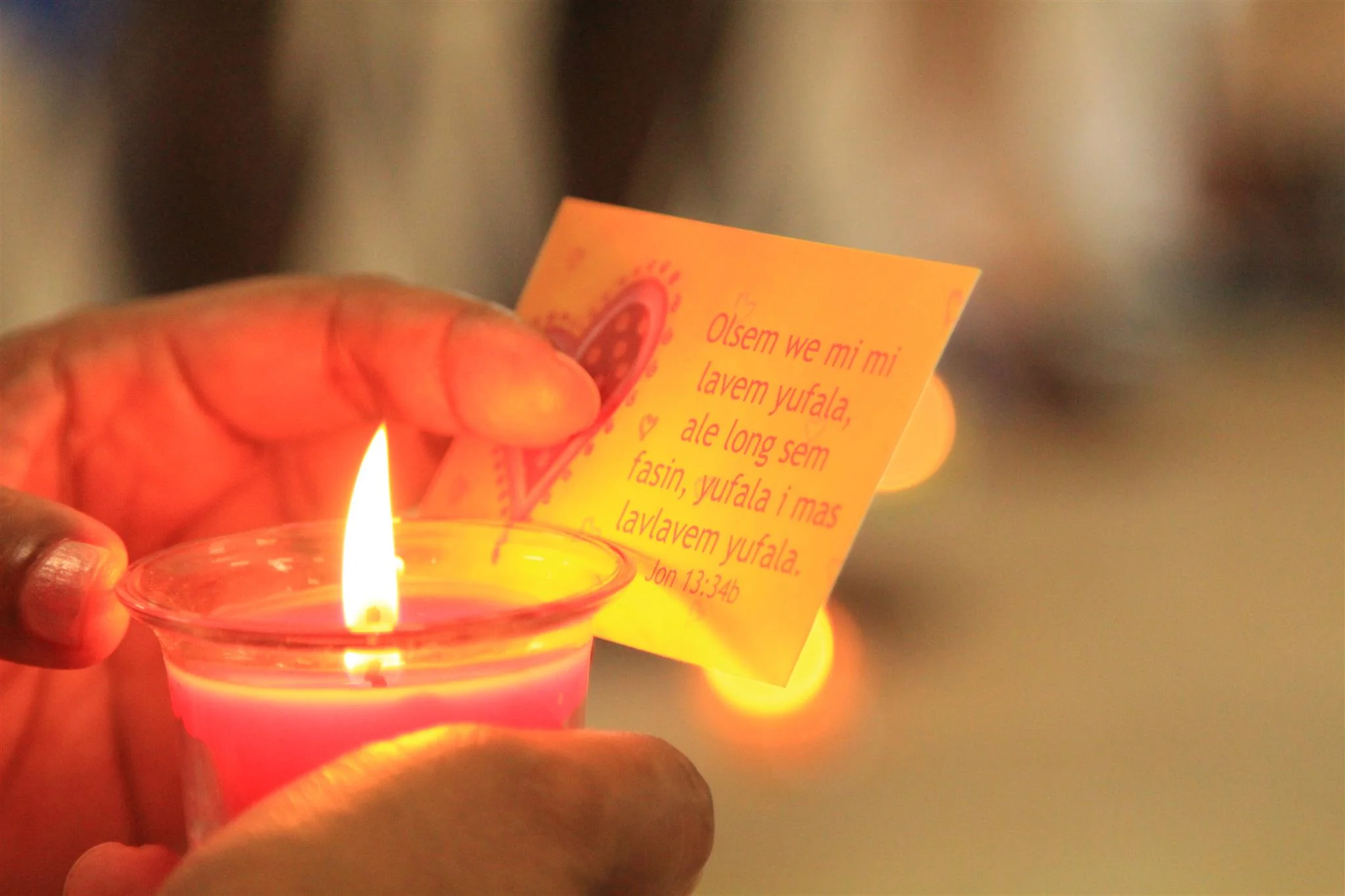Intimate Partner Homicide (IPH) is a serious social and criminal justice issue and statistics suggest the problem is increasing. This puts serious pressure on those who respond to domestic abuse, coercive control, and intimate partner stalking, to be able to confidently assess the risk, or spot risk escalation. In this blog Dr Jane Monckton Smith discusses her research tracking intimate partner homicide risk escalation.
Read MoreFor the 16 Days of Activism, today’s analysis considers the importance of word choice in talking about gendered violence. Sophie Yates (@DrSophieYates) of the Public Service Research Group (@PSResearchG) at UNSW Canberra unpacks some of the pros and cons of using a ‘family violence’ rather than a ‘domestic violence’ approach. While there is concern that this phrase makes gendered inequalities invisible, there are also opportunities that this framing provides. This analysis is drawn from a new article which is freely available until January 2020.
Read MoreThis blog is the first in a series examining narration and renarration as regulation from the School of Regulation and Global Governance (Regnet) at ANU. Here, Miranda Forsyth and Philip Gibbs tell us what we can learn from attempts to curb sorcery accusation related violence in PNG.
Read MoreWhile there is growing consensus that domestic and family violence is an expression of power that utilises coercive control, Australia’s legal system is designed to respond to incidences of physical aggression. This approach means victims are often mis-identified as perpetrators, and tragically that legal action can sometimes not be taken until it is too late. In today’s analysis, Paul McGorrery (@PaulMcgorrery) of Deakin University (@DeakinLaw) shares a summary of his research, conducted with Marilyn McMahon, on the U.K. experience of criminalising coercive behaviour.
Read MoreIn response to the inquiry announced this week into Australia’s Family Law System, the team at the Women’s Research, Advocacy and Policy (WRAP) Centre at Good Shepherd Australia New Zealand has pulled together some of the concerns expressed by advocates for women’s and children’s safety.
Read MoreA ground-breaking faith-based program in the Pacific seems to be having significant, and hopefully longer-term, impacts on men’s violence and abuse, with several important lessons for similar programs elsewhere, writes Miranda Forsyth, ANU Pacific Institute Convener and Associate Professor at ANU’s School of Regulation and Global Governance.
Read MoreThe Royal Commission into Victoria’s Mental Health System provides an opportunity to consider the social and economic factors that contribute to poor mental health using a gender lens. Today’s analysis, by Policy Whisperer Susan Maury (@SusanMaury) and Sarah Squire (@SquireSarah) of Good Shepherd Australia New Zealand (@GoodAdvocacy), provides an overview of how rigid gender stereotyping creates a cascade effect of experiences that compromise women’s and girls’ mental health. This is the fourth in a 4-part series based on Good Shepherd’s submission; Part 1 provides an overview of the gendered nature of mental health, Part 2 discusses the related issue of economic inequality, and Part 3 examines the influence of financial hardship.
Read MoreWith the federal election campaign in its final days, people are heading to polling booths to vote in Australia’s next government. In today’s federal election series, Policy Whisperer Susan Maury (@susanmaury) and Laura Vidal (@lauraemilyvidal), both of Good Shepherd Australia New Zealand, break down the Government and Australian Labor Party’s policies for improving women’s safety, providing both a comparison between the platforms and commentary on how the plans fall short. Today’s piece on women’s safety is the second in a two-part series from the @GoodAdvocacy team. You can read Part 1 on economic security here.
Read MoreWhile the Liberal Party has promised significant investment into combating domestic and family violence, one line item has raised concern: $10 million set aside for couples counselling. In today’s election platform analysis, Mandy Truong, Bianca Calabria, Mienah Zulfacar Sharif and Naomi Priest share new research into how religious institutions tend to respond to instances of domestic and family violence, and what should be done to make faith communities more effective in supporting individuals and families. This piece originally appeared in The Conversation.
Read MoreHidden away amongst supplemental papers to the recently-released Coalition budget papers is a line item for $10 million earmarked to support counselling for families experiencing domestic violence. In today’s election platform analysis, Hayley Foster (@HayleyFoster82) of Women’s Domestic Violence Court Advocacy Service NSW (@wdvcasnsw) explains why this funding goes against both the evidence base and the recommendations from the domestic and family violence service sector. This piece is adapted from a media statement that WDVCAS NSW recently released, which can be viewed here.
Read MoreThe National Inquiry into Workplace Sexual Harassment has provided a much-needed opportunity to discuss the prevalence and impacts of sexual harassment in the workplace. The Equality Rights Alliance (ERA) and Harmony Alliance: Migrant and Refugee Women for Change Young Women’s Advisory Groups (YWAGs) contributed to this national conversation through a joint submission. In today’s analysis, Lavanya Kala (@lav_k) of Harmony YWAG (and Hannah Gissane (@HannahGissane) of ERA explain why it’s critical to centre the experiences of young women from culturally and linguistically diverse backgrounds when formulating effective responses to workplace sexual harassment.
Read MoreRecently the Inquiry into The Practice of Dowry and the Incidence of Dowry Abuse in Australia published its final report. While forms of dowry are practiced in many countries and cultural contexts, it is unknown how wide-spread the practice is within Australia. Of particular concern is the ways that it can intersect with domestic and family violence, and with economic abuse in particular. In today’s post, Marie Segrave (@MSegrave) of Monash University and Laura Vidal (@LauraEmilyVidal) of Good Shepherd Australia New Zealand and Monash University provide context for an effective response.
Read MoreResearch on marginalised communities has a history of being weaponised against those very communities, marginalising them even further. This weaponisation, and the fear of it, can silence discussion on important social issues. Here, Sandra Elhelw Wright reflects on how this plays out in the context of research on domestic violence in Australian Muslim communities.
Read MoreGood Shepherd Australia New Zealand’s Women’s Research, Advocacy and Policy Centre recently released the report of a Practice Inquiry into intake and assessment practices within Men’s Behaviour Change Programs across two regions in Victoria. Report co-authors Yvonne Lay and Sarah Squire (@SquireSarah) provide a summary of findings in today’s analysis.
Read MoreTo mark this year’s 16 days of activism against gender-based violence, The Action Tank has topped and tailed the campaign with policy analyses that focus on groups who have not been well-served by ‘mainstream’ feminist activism in the domestic violence space. (You can see the analysis on the importance of addressing the specific needs of the LGBTIQ community here.) In today’s post, Darumbul woman and journalist Amy McQuire (@AmyMcQuire) explains the need to listen to and understand the unique experiences of violence that effect Aboriginal and Torres Strait Islander women, and particularly how they are nestled within an inherently racist and violent system. This piece originally appeared at IndigenousX and is reprinted with permission.
Read MoreMelbourne was in shock following the rape and murder of well-loved comedian Eurydice Dixon on the 12 June 2018 as she was walking home from a comedy event. A vigil was held near where Eurydice Dixon died in Princess Park the following week and was attended by the over 10,000 people. Following the vigil, Julie Kun, CEO of WIRE (Women’s Information and Referral Exchange Inc), wrote the following article, posted on WIRE’s Facebook page and reposted with permission here.
Julie Kun is the CEO of WIRE, the only Victoria-wide free generalist information, support and referral service run by women for women.
Read MoreThe theme for this year's NAIDOC Week, held from 8-15 July 2018, was "Because of her, we can". In the following article, republished from IndigenousX with permission, Antoniette Braybrook calls for the ongoing celebration and acknowledgment of Aboriginal and Torres Strait Islander women, who work tirelessly for the community, and whose views and experiences are often invisible to policy-makers. Antoinette Braybrook is the CEO of Djirra (formerly the Aboriginal Family Violence Prevention and Legal Service Victoria) and the National Convenor of the National Family Violence Prevention Legal Services Forum. She also tweets @BraybrookA
Read MoreThe increasingly punitive welfare policies of the Coalition government have been explored from a range of angles here, but today’s post provides a framework for understanding them. Policy Whisperer Susan Maury (@SusanMaury) of Good Shepherd Australia New Zealand suggests that government welfare policies fit the definition for economic abuse.
Read MoreA new model of service delivery developed by WEstjustice in partnership with McAuley Community Services for Women is improving the financial security of family violence victim/survivors. In this post Stephanie Tonkin of WEstjustice discusses the extraordinary results being achieved through the Restoring Financial Safety project and recommendations for future policy action.
Read MoreThere are high levels of awareness in Australia concerning the importance of men’s mental health. However, in today’s post Sarah Squire, recently appointed as the head of the Women’s Research, Advocacy and Policy (WRAP) Centre at Good Shepherd Australia New Zealand, argues that this is coming at the expense of awareness and investment in women’s mental health. There are specific gendered differences when it comes to addressing mental health needs, and the absence of women and girls within national mental health policy is deeply concerning.
Read More

















